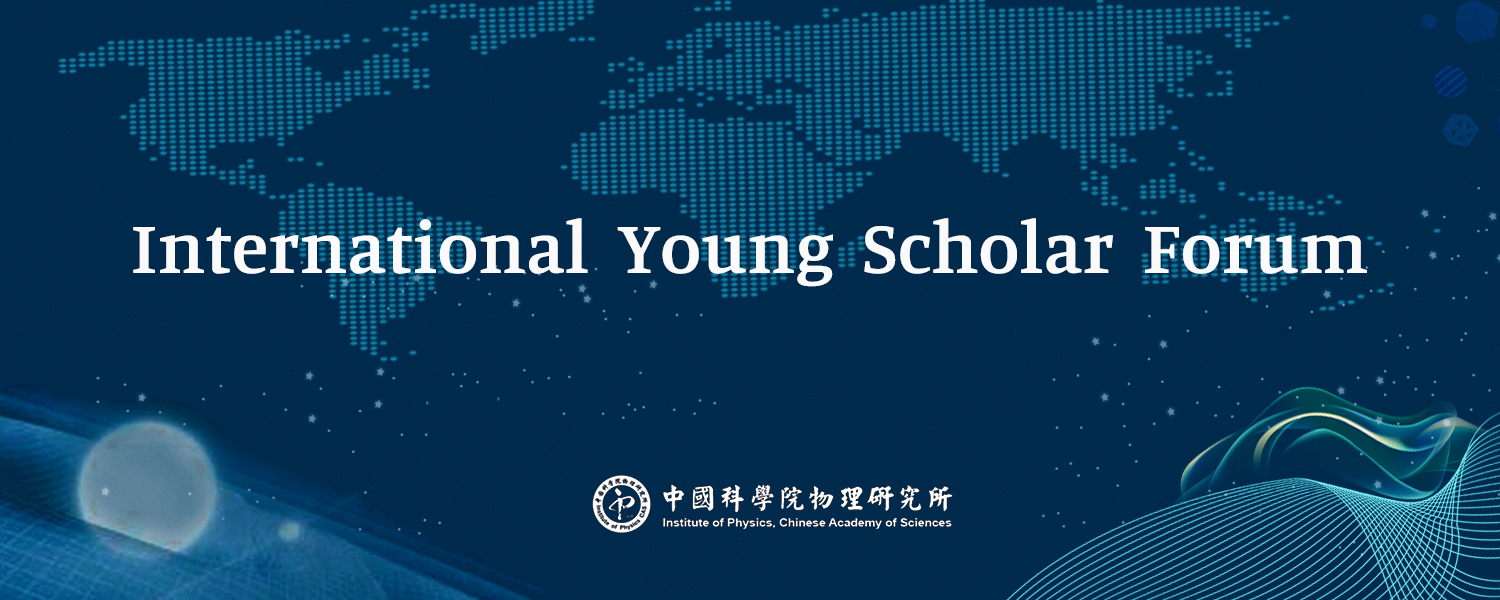
Time: 16:00 pm, May 13th, 2021
Speaker: Dr. Arthur Marguerite, Le Collège de France
Abstract:
Dissipationless topologically protected states are of major interest as well as of practical importance in metrology and quantum information technology. Although topological protection can be robust theoretically, in realistic devices it is often fragile against various dissipative mechanisms, which are difficult to probe directly because of their microscopic origins. By utilizing scanning nanothermometry [1], we visualized and investigated microscopic mechanisms undermining the topological protection in the quantum Hall state in graphene. Our simultaneous nanoscale thermal and scanning gate microscopy enables to identify two distinct and spatially separated scattering processes. I will show how these observations reveal that the dissipation is governed by a crosstalk between counter-propagating pairs of channels that appear at graphene boundaries because of edge reconstruction due to charge accumulation at the edges[2].
Time permitting, I will present a semi-classical transport model quantifying the effect of edge accumulation under moderate magnetic fields and in particular the strikingly high non-local voltages it generates[3]. I will discuss its implication for Hall measurements in particular in the case of charge-neutral graphene.
Reference:
[1] D. Halbertal,et al., Nature 539, 407-410(2016)
[2] A. Marguerite, et al., Nature 575, 628-633 (2019)
[3] A. Aharon-Steinberg, et al., arXiv:2012.02842
Brief CV of Dr. Arthur Marguerite:
Dr. Arthur Marguerite obtained his PhD in 2017 under the supervision of Prof. Gwendal Fève in Ecole Normale Supérieure and Université Pierre et Marie Curie in Paris where he studied single electron wave functions propagating in the quantum Hall edge states. He then, spent 3 years as a postdoc in the group of Eli Zeldov in the Weizmann Institute of Science in Israel where he studied the dissipation in quantum systems with the nanoSQUID on tip. Since October 2020, he joined for another postdoc, the group of Çağlar Girit in College de France in Paris where he studies the AC Josephson effect.
